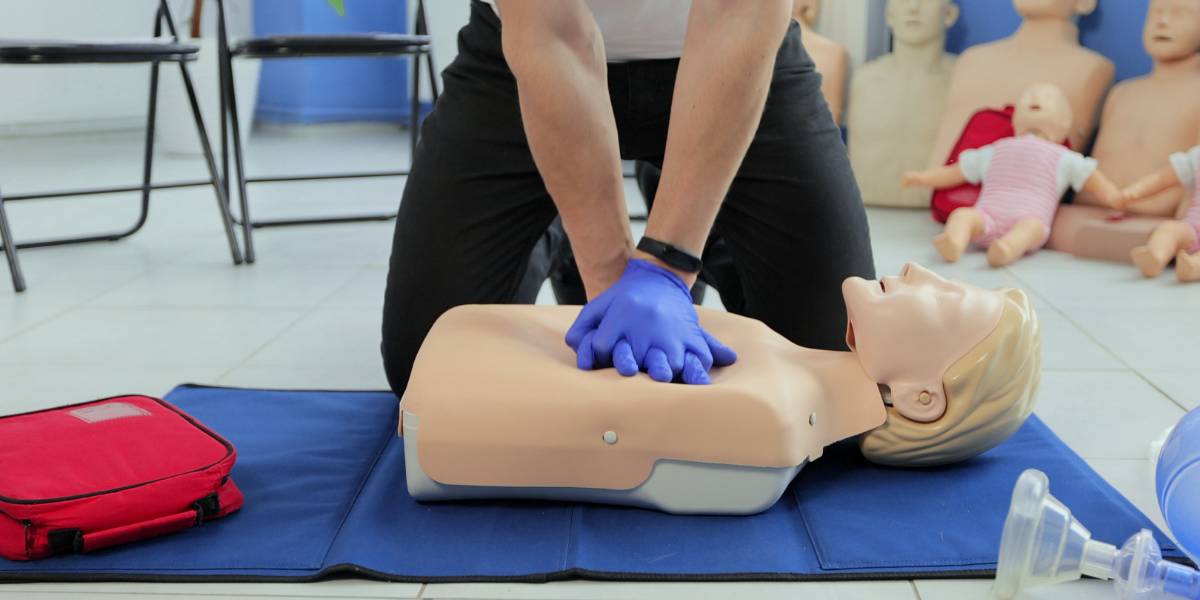Ketonuria occurs when high levels of ketone bodies which occur when cells are broken down for energy are present in the urine.
Ketonuria can be dangerous if ketones levels become high and may need to be monitored amongst people with diabetes who are prone to high blood glucose levels
Ketones tend to be produced as a result of insufficient insulin in the body and therefore people with type 1 diabetes, in particular, are at a greater risk of ketonuria.
Why does ketonuria occur?
Ketonuria may occur for different reasons, depending on your type of diabetes and whether you have a particularly low daily intake of carbohydrate.
If you have type 1 diabetes or produce very little of your own insulin, then your body will start to produce ketones if it has too little insulin for a significant period of time, such as a few hours or more.
When this happens, the body, not having sufficient insulin to get energy into the body’s cells, breaks down body tissue (fat and muscle) into ketones, which can be used as fuel without the need for insulin.
Watch out for ketoacidosis
However, high levels of ketones in combination with high blood glucose levels (hyperglycemia) can make you feel ill and can lead to a dangerous state called ketoacidosis
If you are following a ketogenic diet that is very low in carbohydrate and low in calories, the body may need to compensate by breaking down fat to produce ketones for use as energy.
As long as your body always has sufficient insulin, either your own insulin or that which you inject, then ketoacidosis should not occur. Ketonuria may also develop during periods of fasting
Whilst ketogenic diets have become popular amongst a significant number of people with diabetes, particularly those with type 2 diabetes, they have not been recommended by the NHS because of questions surrounding whether they are safe and effectiveness enough to be followed on a long term basis.
- Read more about ketosis
Testing for ketones
If you take insulin and have high blood sugar levels, over 14 mmol/L it is worth testing for ketones. If you have above normal levels of ketones you should take appropriate action or take advice from your healthcare team to prevent ketoacidosis developing.
- Read more on testing for ketones
In some instances, although less commonly, ketonuria may develop due to fasting, certain diets or eating disorders.
Ketonuria and illness
If you inject insulin and have an illness or infection, blood glucose levels can quickly climb higher than they normally would and therefore the risk of rising ketone levels also increases.
- Read more on handling diabetes during illness
What are the symptoms of ketonuria?
Symptoms of ketone build up include:
- Thirst
- Regular urination
- Nausea
- Dehydration
- Heavy breathing
- Dilated pupils
- Mental confusion (rare)
- Breath may also smell of fruit
How is ketonuria treated?
As ketonuria tends to develop as a result of insufficient insulin, you may need to take extra insulin depending on the level of ketones. If you have a ketone level over 1.6 mmol/L, it is worth contacting your health team for advice.
Comes with 50 strips to test for ketones in the urine. Also known as Ketur Test Reagent Strips for Urinalysis
Reagent Strips for Urinalysis. The Keto-Diastix from Bayer contain 50 strips to test for glucose and ketones in the urine.
How do I avoid ketonuria?
High levels of ketones can be avoided by maintaining good control of blood glucose levels. For those who are insulin dependent, remembering to inject at the appropriate times can help to avoid ketone build up.
People at a higher risk of ketonuria, such as those with type 1 diabetes, are advised to monitor their blood glucose levels, and ketone testing may also be recommended.










